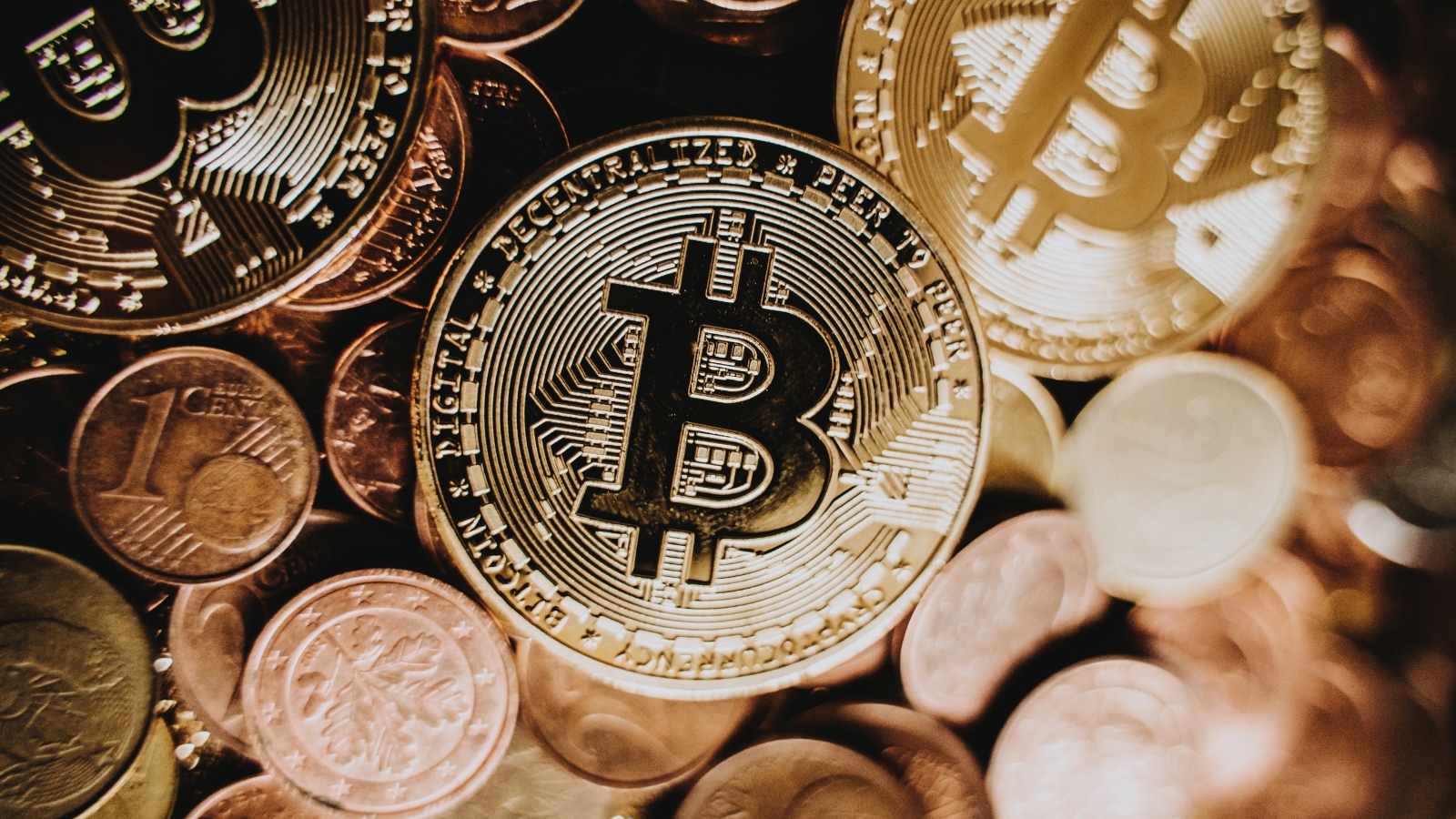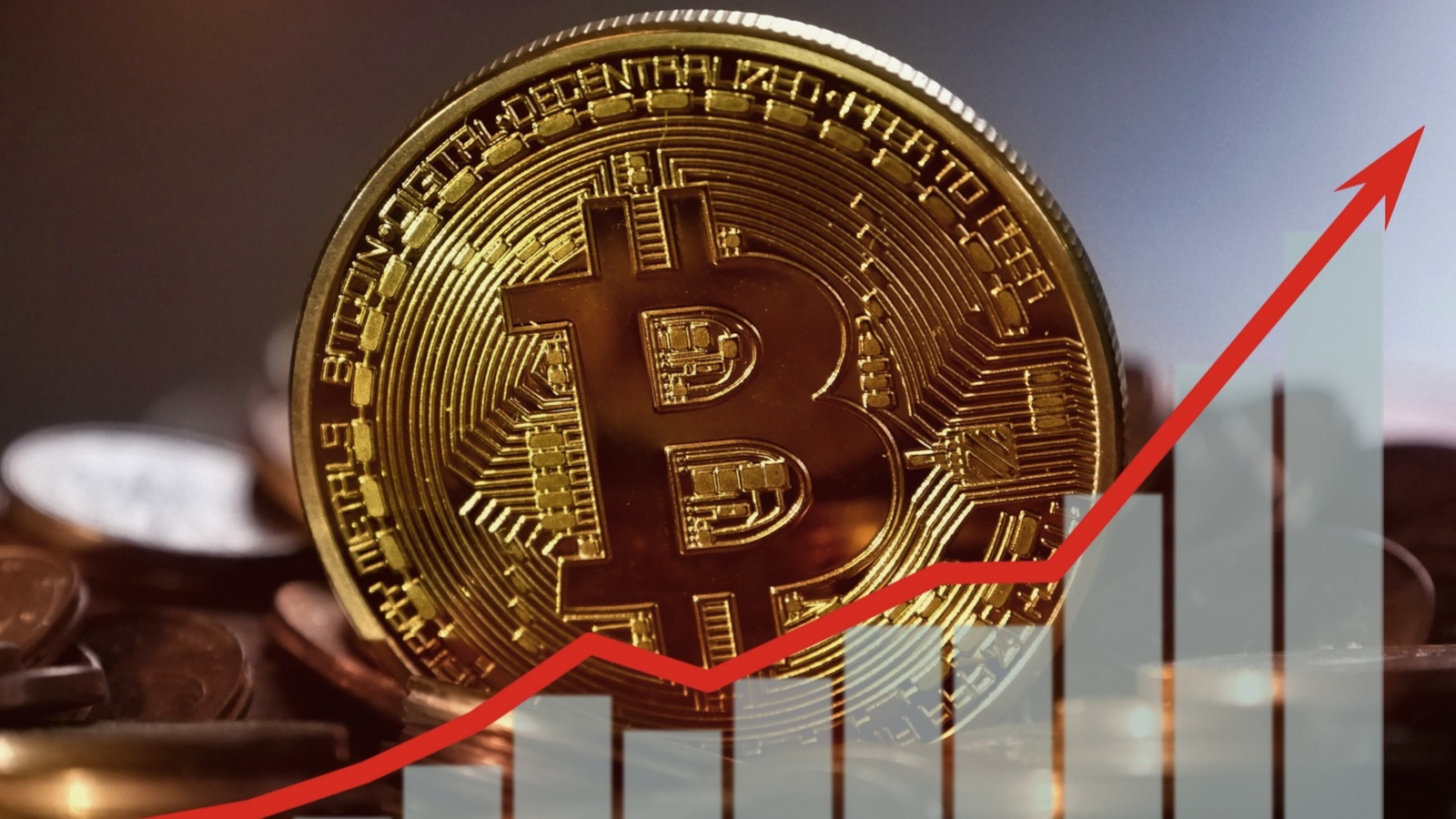Bitcoin has been called everything from digital gold to a modern-day tulip craze. Depending on who you ask, it’s either the currency of the future or a speculative bubble waiting to burst. What’s undeniable, though, is that millions of people continue to buy it, even after countless headlines warning of volatility, crashes, and scams.
For newcomers, it can seem baffling. Why would someone sink their hard-earned cash into an asset that can swing ten percent in a single day? Yet, for many, the gamble feels worth it. Some are drawn to the technology behind it, others to the potential for eye-popping profits, and some don’t want to be left behind.
The truth is, Bitcoin isn’t just about numbers on a screen or charts full of jagged lines. It represents ideas, dreams, and sometimes, a hedge against what people fear most about money and the economy. Here are five reasons people continue to buy Bitcoin, despite the risks being clear as day.
1. The Dream of Striking It Rich
Let’s start with the most obvious motivator: the chance of big profits. Stories of early adopters who bought Bitcoin for a few bucks and later became millionaires are everywhere. These tales have a lottery-ticket quality that’s hard to resist.
Consider someone who bought just $100 worth of Bitcoin in 2010. By the end 2017, that tiny investment could have ballooned into hundreds of thousands of dollars. Even if most people missed that exact wave, the idea that Bitcoin could make ordinary folks wealthy continues to fuel its appeal.
There’s also a cultural factor at play. In an era where wages seem stagnant and traditional investments, such as bonds or savings accounts, yield low returns, Bitcoin presents an opportunity to alter one’s financial future. The thrill of watching the price rise, sometimes dramatically, creates a sense of possibility that few other assets provide.
2. A Hedge Against Inflation and Traditional Finance
Many buyers view Bitcoin as a hedge against inflation and government control of the money supply. In countries where currencies lose value quickly, such as Venezuela or Turkey, Bitcoin offers an alternative to preserve purchasing power. Even in the United States, with concerns about the rising cost of living, some see Bitcoin as a way to protect savings.
Unlike dollars, which can be printed endlessly, Bitcoin has a fixed cap of 21 million coins. That scarcity is central to its appeal. For believers, digital gold is a resource that central banks or political decisions cannot devalue. This idea appeals to individuals who distrust traditional financial systems and seek greater control over their assets.
While Bitcoin isn’t always a perfect hedge, it has had its share of dramatic downturns, and many hold it with a long-term perspective. The thinking goes like this: even if the short-term ride is bumpy, Bitcoin may eventually be a value store in an uncertain financial environment.
3. Fear of Missing Out
There’s a simple psychological driver behind many Bitcoin purchases: nobody wants to be left out. Every time the price hits new highs, headlines flood the news, and social media lights up with stories of people cashing in. That sparks the classic fear of missing out, or FOMO, which has lured countless new buyers.
FOMO has been a powerful force in financial markets for centuries. From the stock market boom of the 1920s to the dot-com bubble of the 1990s, people have often rushed in after seeing others become wealthy. Bitcoin fits right into that tradition. When prices soar, the temptation to jump on the bandwagon can feel irresistible.
Even for cautious investors, setting aside a small portion of savings in Bitcoin often comes down to a sense of curiosity. It’s the modern version of office chatter: “What if this thing takes off and I didn’t even try?” That question alone keeps the inflow of new buyers steady.
4. The Belief in Blockchain Technology
Beyond the hype and headlines, some people are genuinely drawn to the technology that powers Bitcoin. Blockchain, the digital ledger that records every transaction, has been hailed as revolutionary. Its ability to provide transparency, security, and decentralization fascinates tech enthusiasts and those skeptical of big institutions.
For these buyers, investing in Bitcoin is less about chasing riches and more about supporting an innovation they believe could reshape finance, supply chains, and voting systems. Owning Bitcoin feels like owning a piece of the future, a way to participate in a movement rather than watch from the sidelines.
That sense of participating in something bigger than oneself adds a layer of emotional value to the investment. Whether or not blockchain transforms the world as its supporters predict, it has already captured the imagination of millions, and that’s enough to keep money flowing into Bitcoin.
5. Cultural Momentum and Mainstream Acceptance
In the early days, Bitcoin was primarily used by tech enthusiasts and individuals who took risks. Fast forward a decade, and it’s being discussed by CEOs, featured in Super Bowl commercials, and added to the balance sheets of major companies, such as Tesla. This mainstream visibility makes Bitcoin feel less like a fringe experiment and more like a legitimate asset.
Cultural momentum matters. When well-known brands, celebrities, or financial institutions endorse Bitcoin, it signals to the average person that it’s worth taking seriously. That validation encourages people who hesitated to take the plunge to the final.
There’s also a generational element. Younger investors, particularly millennials and Gen Z, often feel disconnected from traditional wealth-building tools like homeownership and pensions. With its digital-native vibe, Bitcoin fits more naturally into their financial outlook. As long as it remains part of popular culture, Bitcoin will continue to attract new believers.
Conclusion
Bitcoin can be risky, unpredictable, and even nerve-wracking to watch daily. But for millions, the reasons to buy it outweigh the warnings. From dreams of sudden wealth to concerns about inflation, from the pull of FOMO to faith in new technology, and finally, the cultural stamp of approval, Bitcoin has managed to weave itself into modern financial life.
Buying Bitcoin is oftenn’t purely logical—it’s emotional, aspirational, and sometimes impulsive. That combination makes Bitcoin more than just an investment. It’s a story people want to be part of, regardless of the risks.


